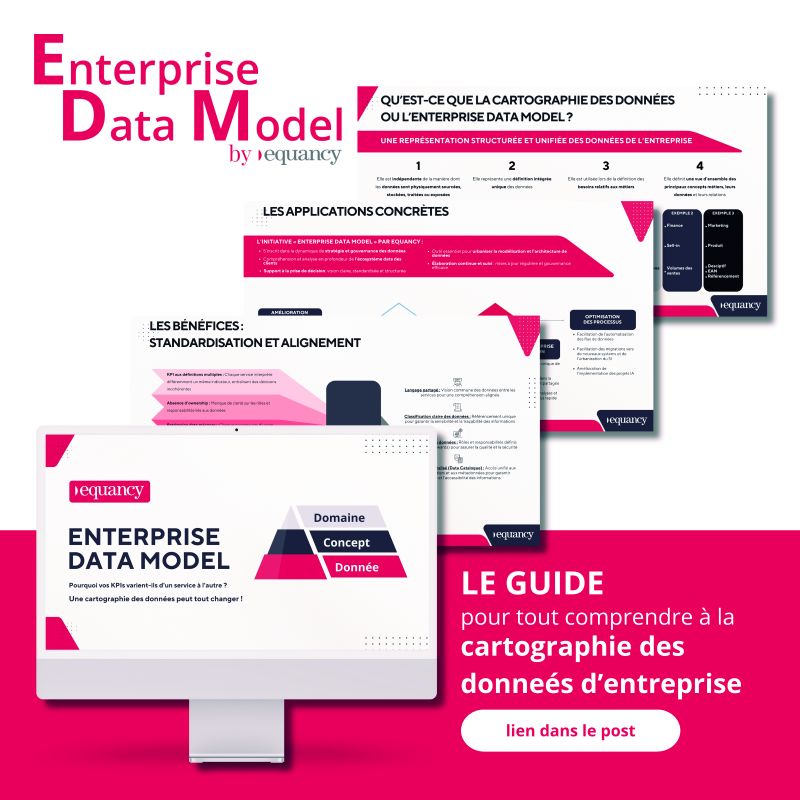Salon International de l'Agriculture 2022: what are the 3 trends to remember?
The International Agricultural Show was held last month at the Parc des Expositions in Paris. It was an opportunity for agricultural and agri-food players to give visibility to their activities and actions. But they were not the only ones present. The financial and tech players present once again showed us that agriculture, far from being an ageing industry, is a market that promises to be more relevant than ever in terms of business and innovation.
1. ESG issues are at the heart of the strategy of major groups
Towards greater transparency and traceability: reconciling marketing and CSR commitment for brands...
Faced with consumer expectations of greater transparency, blockchain is a small revolution in the world of agri-food to offer more traceability, from field to plate. This approach is all the more interesting for brands when it is compatible with marketing issues. For example, the Francine group has understood this well by collaborating with the startup Connecting Food to create QR codes on packaging, thus proposing a variety of fun and instructive content about the origin of their products (interviews with wheat growers, videos of the milling process, etc.) and by adding a chat bot: a brilliant combination of transparency and conversational marketing.
The inspiring "French Touch": partnerships between major groups and French industries to accelerate the transition...
The observation is clear: for the agroecological transition to be successful, it must necessarily involve and influence the major agri-food groups. This week's trade show has highlighted France's pioneering position in this approach. The speeches of groups such as Kellogg's France and McDonalds France bear witness to this: the French branches are making efforts. The representatives notably highlighted the collaboration with local partner chains to develop specifications aimed at implementing more responsible agricultural practices: bricks are being laid little by little to accelerate the global roadmaps of these large groups.
2. Banks and insurers are innovating to become involved in the agro-ecological transition
Involvement beyond financing: banks' commitment to a sustainable agricultural and food transition...
If we were to retain only one sentence from the discussions at this exhibition, it would be that it is a mistake to speak of "financing the agricultural transition", as this implies the need to finance a loss of income. However, improving soil health, increasing resilience to climate risk, carbon storage, etc. are all levers that promise to secure and even increase future margins. While investment funds have already understood this for several years, banks are also beginning to adopt a similar approach and to position themselves as innovation players. The statement by Crédit Agricole, for example, a long-standing partner of the agricultural world, bears witness to this: the group wants to respond to current and future agricultural and agri-food changes, in particular through the construction of research chairs.
Innovating with an insurer, myth or reality?
Similarly, insurers are not sitting idly by and seem to be working in synergy with the agtech ecosystem to become real partners of farmers and support them in their challenges. For example, Groupama, a notable player in this 2022 edition, presented the project of one of its branches in Lyon, a local multiservice platform developed in collaboration with the startup Kuupanda, where farmers can offer their products in a short circuit, as in a market but in a digital version, with the aim of developing the region's circular economy. AXA Climate also recalled the challenges of adapting to climate change and the need to identify adapted and systemic adaptation measures to mitigate the risk. In addition to parametric insurance, which is "no longer enough", the group has developed a consulting offer to support, among others, players in the agriculture and agri-food sectors in securing their sustainable margins. A hybrid team of scientific experts, data analysts and actuaries work hand in hand to help their clients quantify risks and identify the most resilient adaptation scenarios.
3. Agriculture 2.0, digital and tech are more than ever on the agenda
Agricultural cooperatives, forerunners of a technological transition?
The potential of using data has not escaped the attention of tech companies, which are offering increasingly sophisticated tools to equip cooperatives. La Ferme Digitale, an organisation bringing together innovation and digital players for more efficient agriculture, gave the floor to numerous nuggets during this edition, each with more avant-garde projects than the last: weather simulation to plan interventions on the plot, harvest forecasting to manage market shares, soil health diagnosis to improve practices, carbon impact modelling to enhance sustainability efforts... and even CRM tools. Salesforce, for example, had the opportunity to present its customer 360 platform, which enables cooperatives such as NatUp to facilitate the relationship between technical sales representatives and farmers. Agricultural cooperatives therefore seem well placed to capitalise on the pooling of resources and seize this technological turning point to set up projects that revolutionise agricultural practices.
Towards a democratisation of the "pilot project" culture and "à la carte" co-construction
One of the specificities of this market, however, seems to lie in the product approach. For the cooperatives, there is no question of talking about mass industrialisation of a technological tool that would be sold to thousands of other players. First of all, it is essential for them to maintain their position as leaders and innovators in order to stand out to their members, which is why many tech players co-build their tools by co-financing with certain clients, who benefit from this privileged position. Secondly, there is no question of putting gas plants in the hands of farmers that would not be adapted to their uses. The pilot projects therefore make it possible to build customised and specific models that incorporate a source of data that is essential to their effectiveness: the expertise of the farmers themselves.





